A total of 167 U.S. and international Fellows participated in the Indo-Pacific Orientation Course (IPOC) 19-3 at the Daniel K. Inouye Asia Pacific Center for Security Studies, Honolulu. The five-day course concluded on Dec 6.
This was the largest course in the Center’s history. Primarily geared for a U.S. audience, it comprised 84 percent U.S. and 16 percent international participants, including a syndicate of senior executives. International participants came from Australia, Canada, Chile, Hong Kong, Indonesia, Japan, Malaysia, New Zealand, Singapore, Republic of Korea and Taiwan. There were approximately 60 percent military and 40 percent civilian security practitioners in attendance, representing broad organizational diversity and many opportunities for interagency networking and cooperation.
In line with the Center’s aspirations to advance a gender perspective in security discourses, the program featured 32% enrolment of women. The curriculum was premised in the organizational vision and mission to build resilient capacity, shared understanding, and networked relationships among civilian and military practitioners and institutions toward a Free and Open Indo-Pacific.
Course offerings included lectures on salient security trends and dynamics in the Indo-Pacific. Plenary and elective sessions offered a rich array of traditional and non-traditional elements of security. At the outset of the course, participants were introduced to the concept of cognitive dissonance in decision-making to enhance critical thinking and problem-solving to enable a transformative learning environment.
Course Manager Dr. Saira Yamin said she was appreciative of course outcomes.
“Fellows received a wealth of information in plenary lectures, elective sessions, and Brown Bag lunch discussions,” said Yamin. “They seized the opportunity to engage in constructive dialogue on a range of important and complex security issues. We asked them to reflect on their key take-aways in seminar every day and to assess U.S. policy in the region. While the course is short and moves at a very intense pace, it was evident that it was a meaningful learning experience.”
Fellows identified a number of opportunities for advancing resilient capacity in the region including through educational partnerships, conflict de-escalation mechanisms in regional hotspots, promoting regional civil-military cooperation, cultural awareness and public engagement. The value of building greater trust, transparency, consistent and clear messaging was highlighted for advancing stronger partnerships in the region.
IPOC is one of six formal courses at DKI APCSS that follow a model of participant-centered learning. The center is a Department of Defense institute that addresses regional and global security issues. Military and civilian representatives, most from the United States and Asia-Pacific nations, participate in a comprehensive program of executive education, professional exchanges and outreach events, both in Hawaii and throughout the Asia-Pacific region.
The Center supports U.S. Pacific Command by developing and sustaining relationships among security practitioners and national security establishments throughout the region. DKI APCSS’ mission is to build capacities and communities of interest by educating, connecting and empowering security practitioners to advance Asia-Pacific security. It is one of the Department of Defense’s five regional security studies centers.
Since opening in 1995, more than 13,384 alumni representing over 136 locations have attended DKI APCSS courses and workshops.



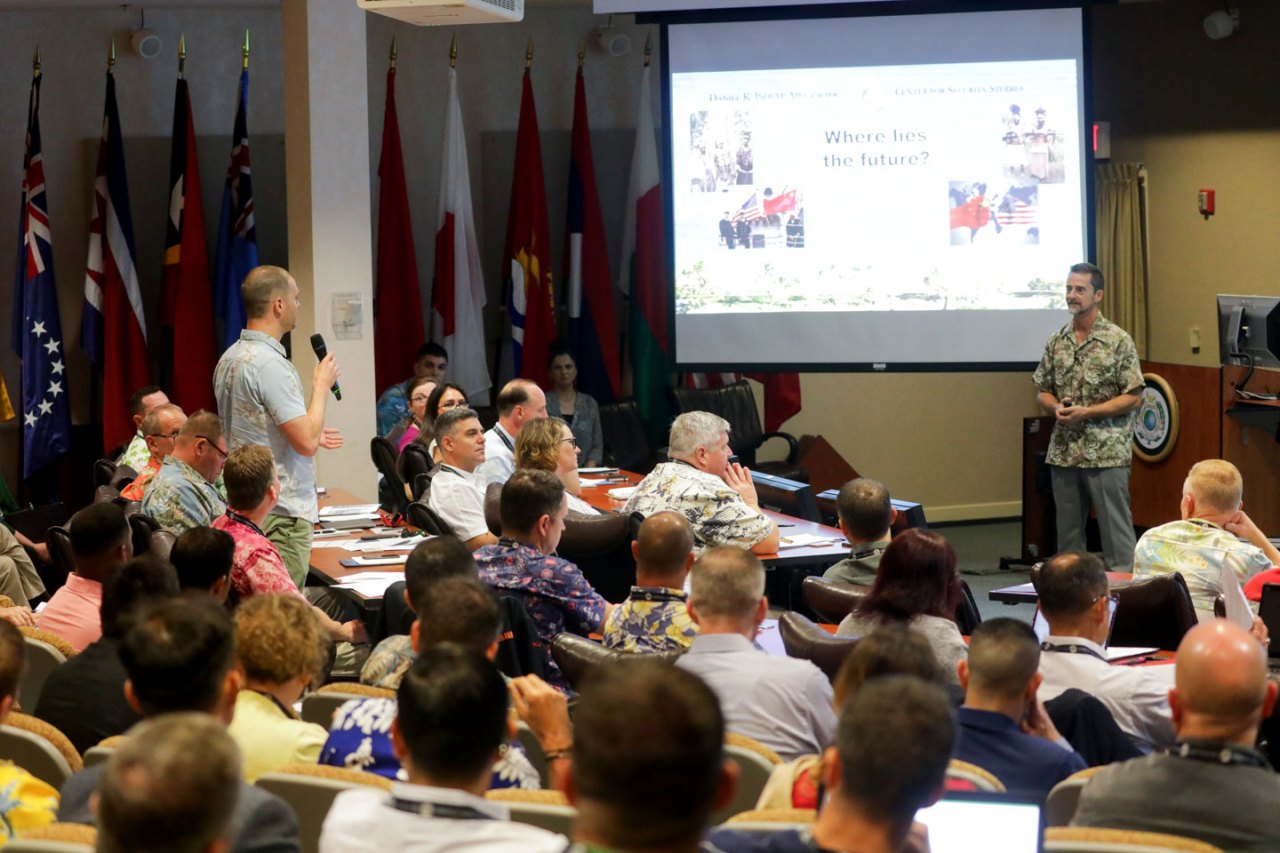
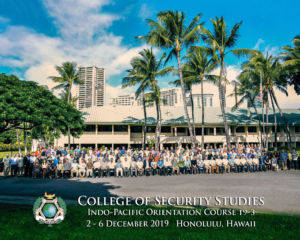
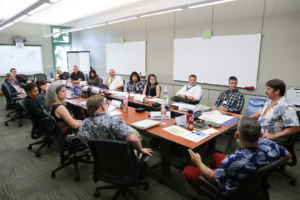
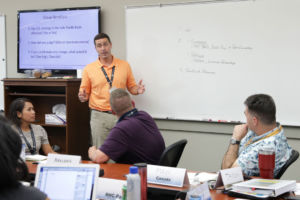
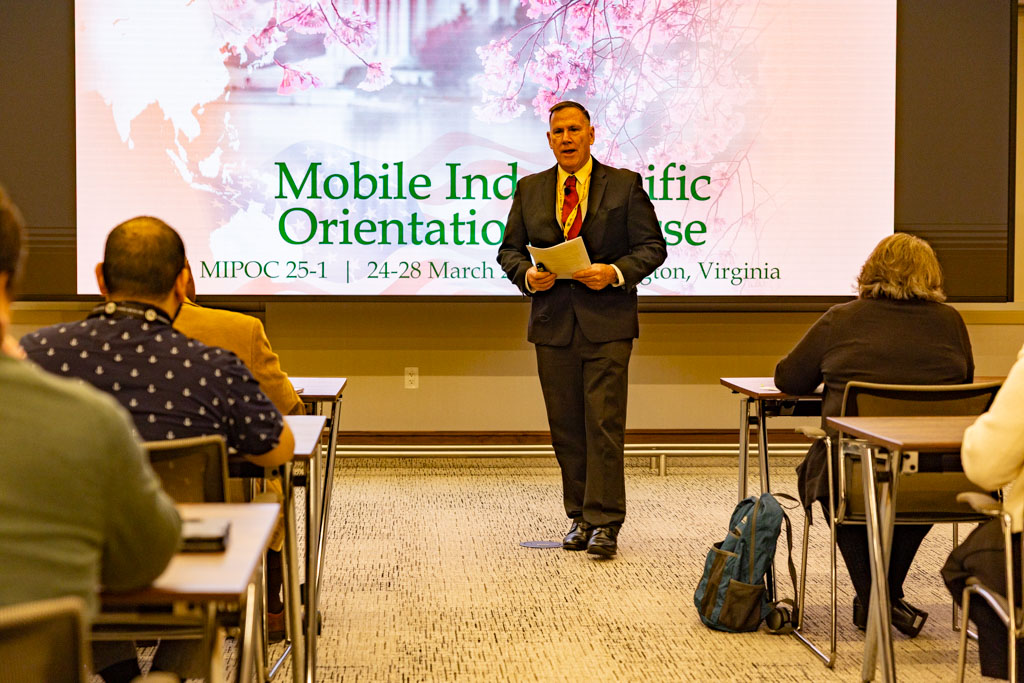
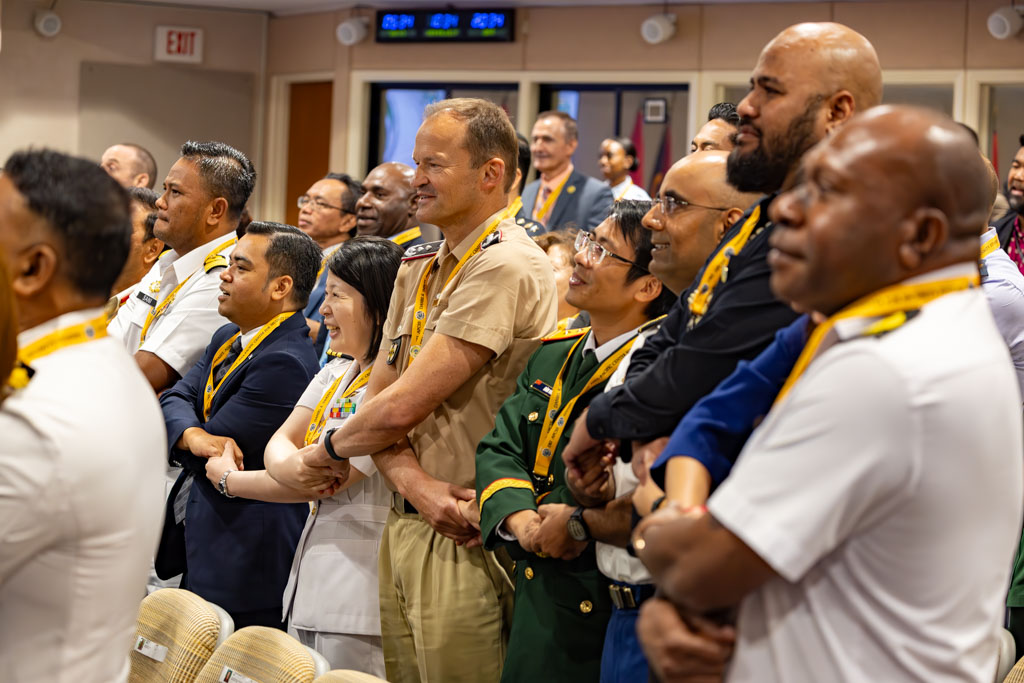
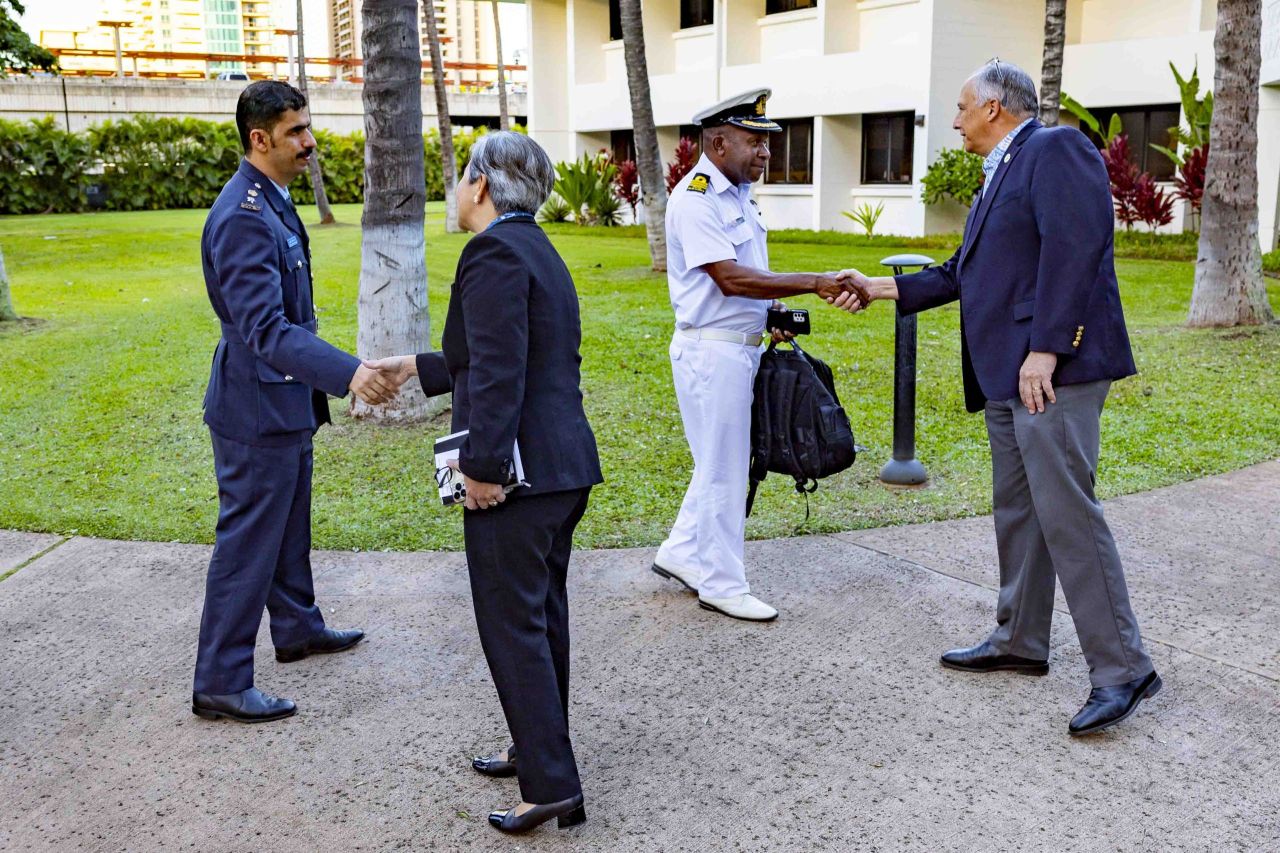


Leave A Comment